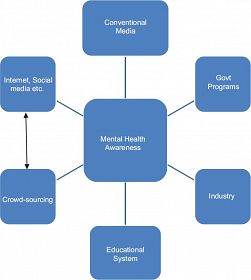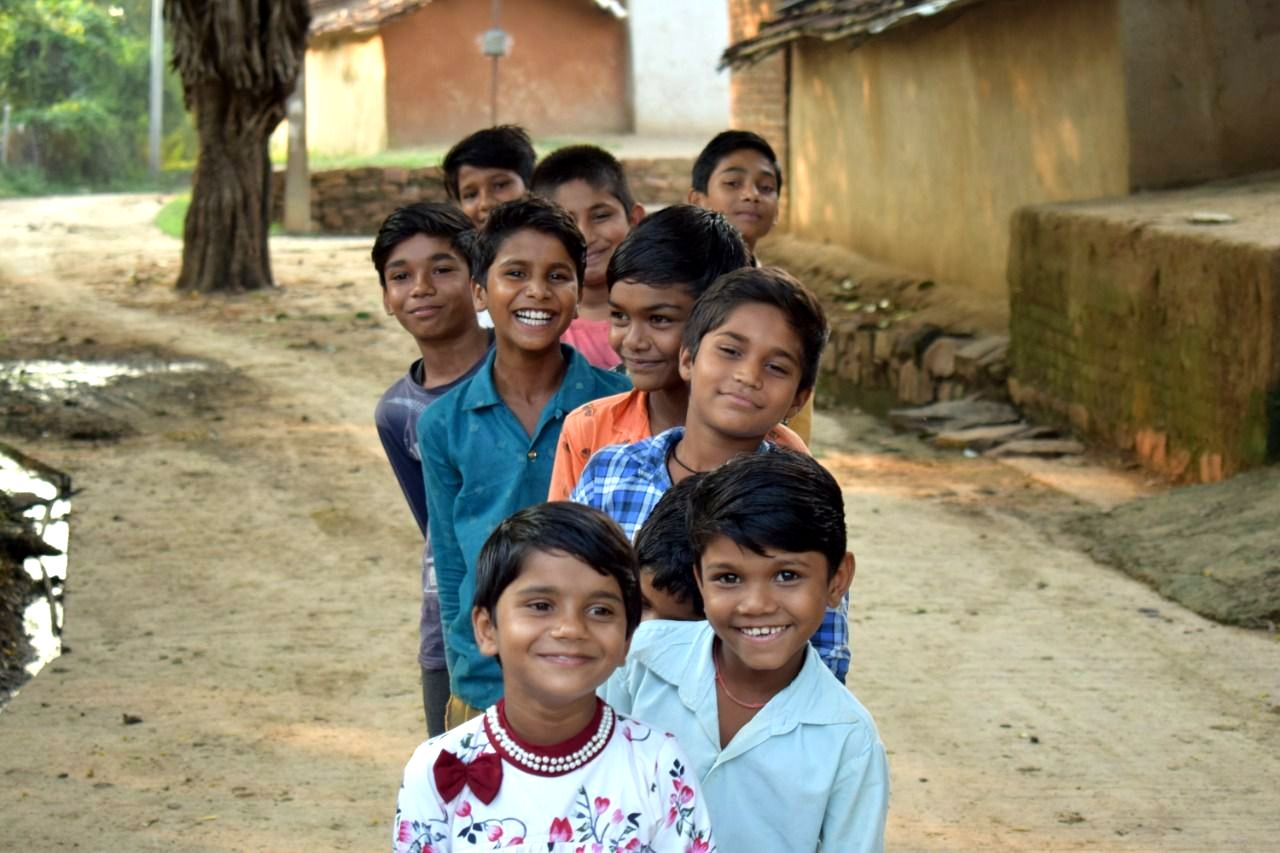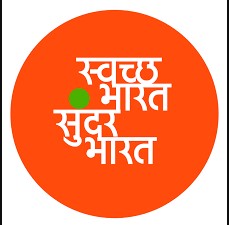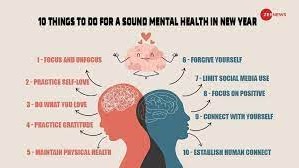
Mental health is a major concern worldwide and India is not far behind in sharing this. If we evaluate developments in the field of mental health, the pace appears to be slow. Dr. Brock Chisholm, the first Director-General of the World Health Organization (WHO), in 1954, had presciently declared that “without mental health there can be no true physical health.”[1] More than 60 years later, the scenario has not altered substantially. About 14% of the global burden of disease is attributed to neuropsychiatric disorders. The burden of mental disorders is likely to have been underestimated because of inadequate appreciation of the inter-play between mental illness and other health disorders.[2] There remain considerable issues of priority-setting based on the burden of health problems and of addressing inequalities in relation to determinants and solutions for health problems.
Progress in mental health service delivery has been slow in most low- and middle-income countries. Barriers include the existing public-health priorities and its influence on funding; challenges to delivery of mental health care in primary-care settings; the low numbers of those trained in mental health care; and the lack of mental health perspective in public-health leadership.[3] There have been numerous calls for invoking political will, for enhancing advocacy and for galvanizing community participation; all with scant improvement in outcomes.
Thus, it becomes now opportune to explore the paradigm of mental health awareness as a means of combating stigma, enhancing prevention, ensuring early recognition, and also stimulating simple and practical interventions within the community. Today there are opportunities in terms of growing acknowledgement of mental disorders as key targets of global health action, as well as of leveraging new technologies particularly internet, big data and cell phones in amplifying simple field interventions found successful in primary care and other echelons.
MENTAL HEALTH AWARENESS
Mental health awareness campaigns have yielded positive outcomes. Some of the strategies undertaken to target awareness and address stigma around mental illness include participation by family members, sensitization to treatment and social inclusion.[4,5] Lack of knowledge about the mental illnesses poses a challenge to the mental health care delivery system.[6] Research has highlighted the role of community-based systems in low-income countries and has also yielded positive results in creating awareness, thereby impacting participation.[7]
Awareness and health literacy are two sides of the same coin. Stigma and discrimination are negative consequences of ignorance and misinformation.[8] There are a few studies which have measured mental health literacy in the Indian context. One study found mental health literacy among adolescents to be very low, i.e. depression was identified by 29.04% and schizophrenia/psychosis was recognized only by 1.31%. Stigma was noted to be present in help-seeking.[9]
These findings reinforce the need to increase awareness of mental health. Mental health literacy is a related concept which is increasingly seen as an important measure of the awareness and knowledge of mental health disorders. Health literacy has been described as “ability to access, understand, and use the information to promote and maintain good health.”[10] Mental health literacy encompasses recognition, causes, self-help, facilitation of professional intervention, and navigating the information highway [Table 1]. Attitudes which hinder recognition and appropriate help-seeking can be counter-acted by information which is already readily available in the public domain. There are plenty of examples of awareness positively impacting mental health outcomes like the Norwegian campaign to reduce the duration of untreated psychosis.[11]










